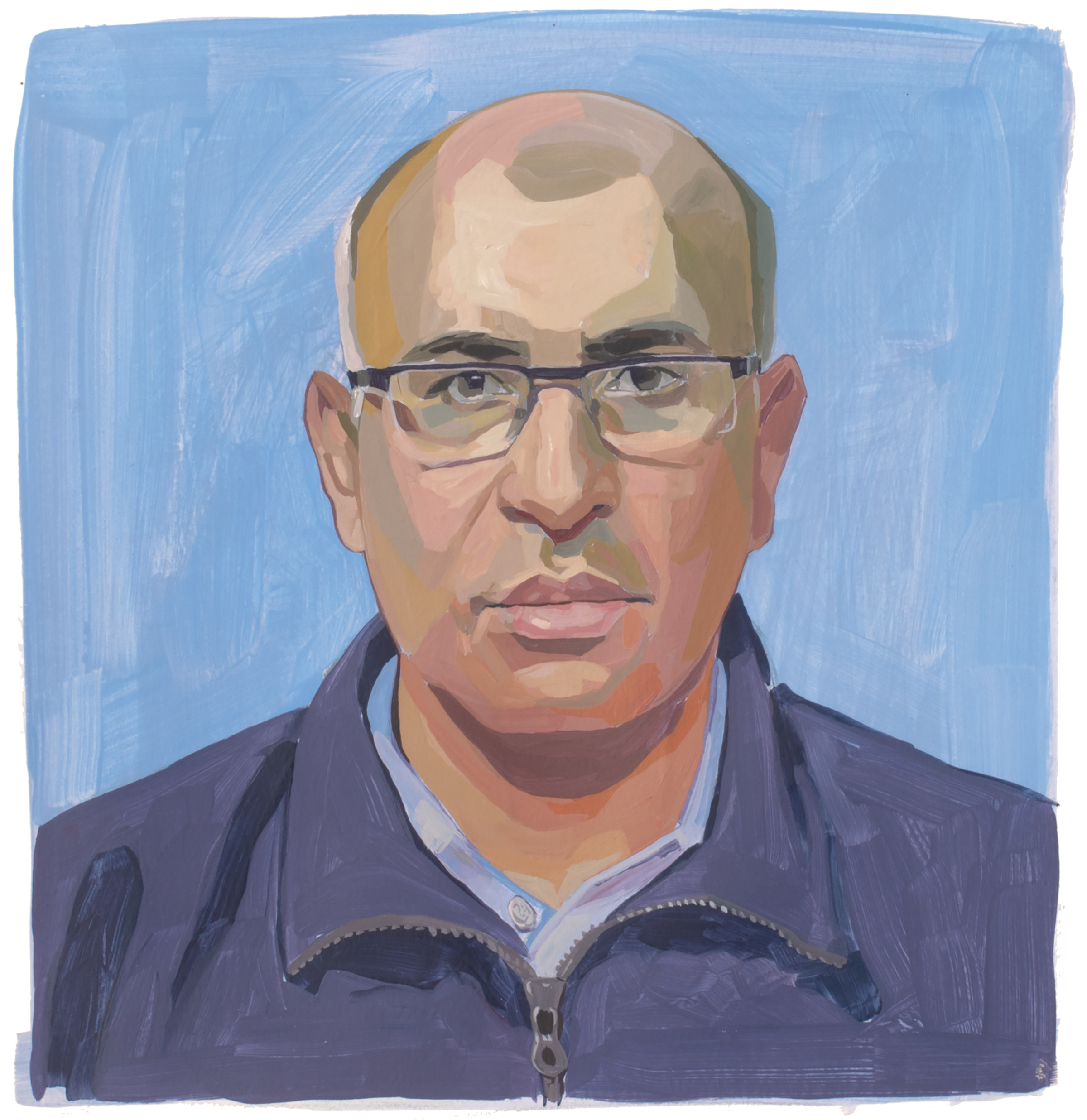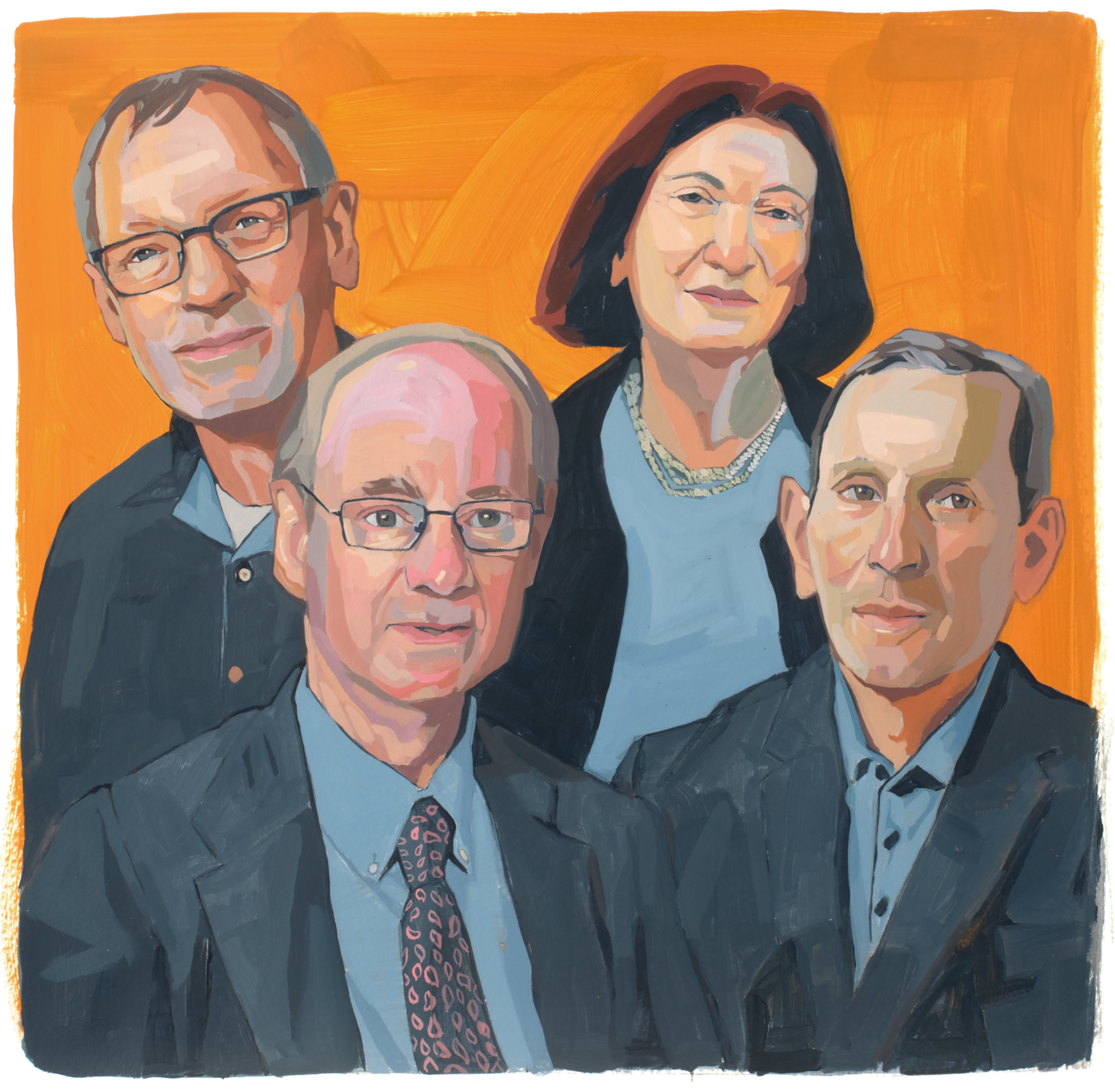In 2023, the U.S. Food and Drug Administration (FDA) brought a number of never-before-seen treatments to market, approving the first gene therapies using the gene-editing tool CRISPR. The agency approved a therapy for sickle cell disease that involves editing patients’ cells in a lab and reinfusing them to essentially cure them of their condition. In a study greenlit by the FDA, patients with a rare liver disorder have also begun receiving the first doses of a CRISPR therapy that would work in their own bodies rather than in a lab.
As head of the Center for Biologics Evaluation and Research at the FDA, Dr. Peter Marks is responsible for determining if these breakthroughs are safe and ready for human testing—and ultimately for treating patients.
Marks brings his experience as a physician-scientist in academia as well as years in the pharmaceutical industry to build the critical bridge between research and human testing that’s required to bring innovative therapies to market. When COVID-19 vaccines were developed that relied on a new technology involving mRNA, his team reviewed the reams of data spewing from vaccine makers in the push to get the first shots approved to protect the public from a new virus. The shots were developed in record time, and under Marks’ leadership, they were also approved with unprecedented speed—but, he emphasizes, “with all due diligence to get it done as quickly as possible with the safety and effectiveness that met our standards.”
Now he sees new treatments shifting from drugs based on one single chemical to cell-based strategies like gene therapy that have the potential to cure disorders rather than simply treat their symptoms. “We’ve seen remarkable movement and advances in cell-based gene therapies,” he says. “And I think we’ll see this field really grow over the next several years.”
More Must-Reads from TIME
- Why Biden Dropped Out
- Ukraine’s Plan to Survive Trump
- The Rise of a New Kind of Parenting Guru
- The Chaos and Commotion of the RNC in Photos
- Why We All Have a Stake in Twisters’ Success
- 8 Eating Habits That Actually Improve Your Sleep
- Welcome to the Noah Lyles Olympics
- Get Our Paris Olympics Newsletter in Your Inbox
Contact us at letters@time.com





